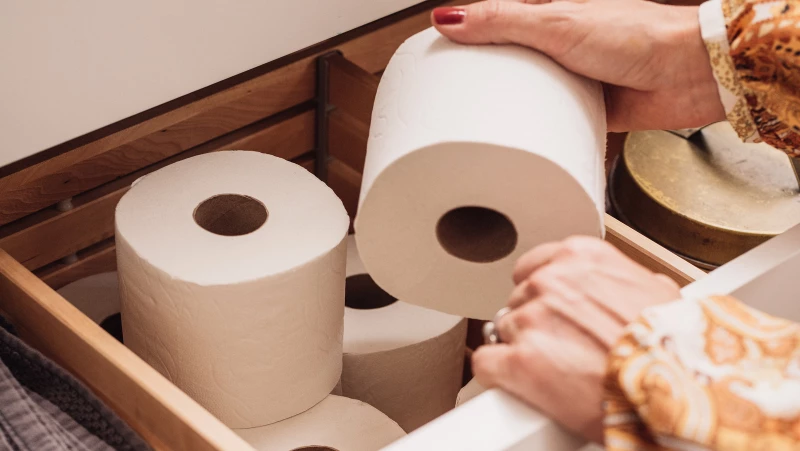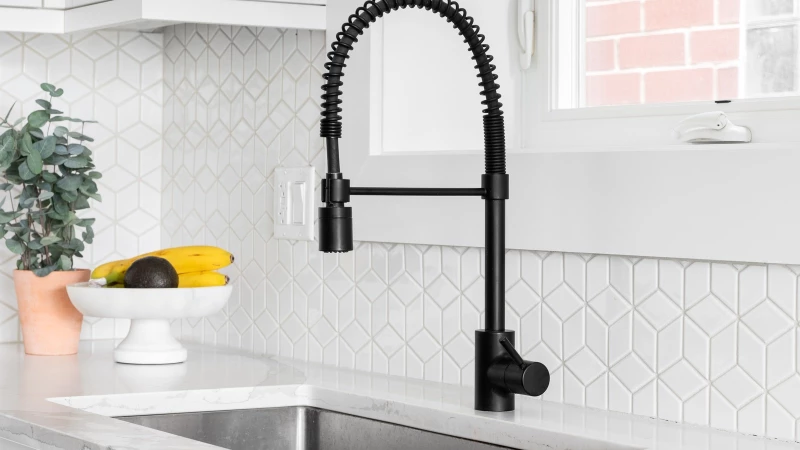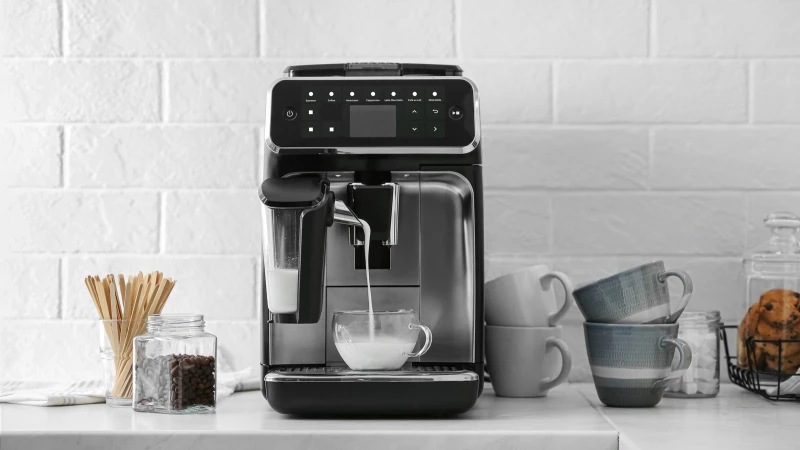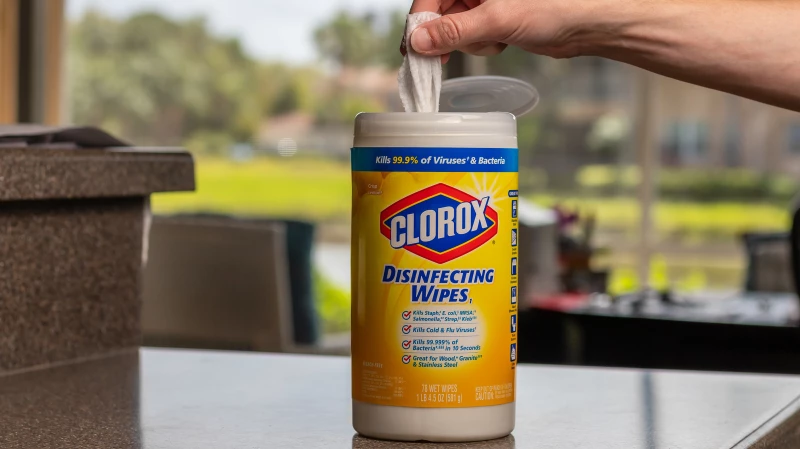With the increasing awareness of climate change and our carbon footprint, more individuals are striving to adopt eco-friendly lifestyles. While some are making significant changes like installing solar panels and shopping at zero-waste stores, others are opting for smaller yet impactful changes such as switching to natural cleaners or investing in reusable everyday products. One such product gaining popularity is recycled toilet paper.
Initially, the idea of using recycled toilet paper may seem unappealing. However, this sustainable option utilizes paper already in circulation, like old notebooks and office printouts, instead of virgin pulp. This approach helps in reducing deforestation and requires less energy and water for production.
Not only does recycled toilet paper benefit the environment, but it also offers advantages for your health and home. It contains fewer bleaching agents, making it safer for personal use. Additionally, its weaker fibers compared to virgin pulp paper allow for easier disintegration, making it suitable for low-flow toilets, septic tanks, and older plumbing systems.
If you're intrigued by this sustainable choice, consider the benefits of making the switch to recycled toilet paper.
Benefits of recycled toilet paper on the environment
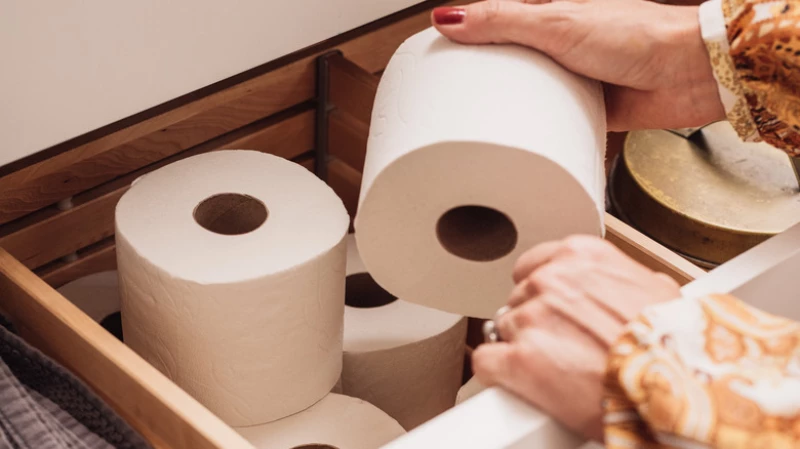
If you're considering switching from virgin pulp TP to recycled rolls, you're probably doing so to make your home more eco-friendly. If your goal is to reduce your home's carbon footprint, recycled toilet paper has plenty of green benefits. It's estimated that over 1 million trees are cut down daily to make traditional toilet paper, and many of them come from the Canadian boreal, which spans from Canada to the Arctic Circle. This is an incredibly important forest because it stores more carbon dioxide than any other on the planet. In fact, it annually removes the equivalent of 24 million car emissions. However, according to the Natural Resources Defense Council, more than 28 million acres were cut down between 1996 and 2015, which is about the size of Ohio. The forest is estimated to take over 100 years to grow back, if ever. Switching to recycled toilet paper will help curb this deforestation.
The Advantages of Using Recycled Toilet Paper

When it comes to toilet paper, opting for recycled rolls can offer numerous benefits for both you and your home. While recycled toilet paper may not have the same softness as traditional rolls, it provides a healthier alternative. Unlike virgin pulp paper, which uses a chlorine-based bleaching process, recycled paper utilizes a gentler method known as Processed Chlorine Free (PCF) for whitening. This approach involves oxygen and hydrogen peroxide, reducing the release of chlorine gas and dioxins into the environment.
According to studies by the Journal of Environmental Science and Health, the chemicals released during the production of traditional toilet paper can have harmful effects on human health, including an increased risk of cancer, diabetes, and heart diseases. In contrast, recycled toilet paper poses a lower risk as it has already undergone the bleaching process during its initial production and requires fewer bleaching agents overall.
Furthermore, choosing recycled toilet paper contributes to environmental sustainability by reducing greenhouse gas emissions and conserving energy and water resources. The production of recycled paper releases significantly fewer emissions and consumes up to 70% less energy compared to virgin pulp paper. Additionally, less water is used in the manufacturing process, as recycled paper fibers are readily available, requiring fewer resources for production.
Opting for recycled paper when it comes to toilet paper can have multiple benefits, especially for those with low-flow toilets or septic tanks. The weaker fibers in recycled paper make it easier to break up in water, reducing the risk of clogs. Additionally, the lower bleach content in recycled paper is advantageous for septic tanks. Bleach can harm the bacterial balance in the tank, which is essential for breaking down solids in the system. Without the necessary bacteria, backups can occur more frequently, leading to the need for more regular tank pumping.

